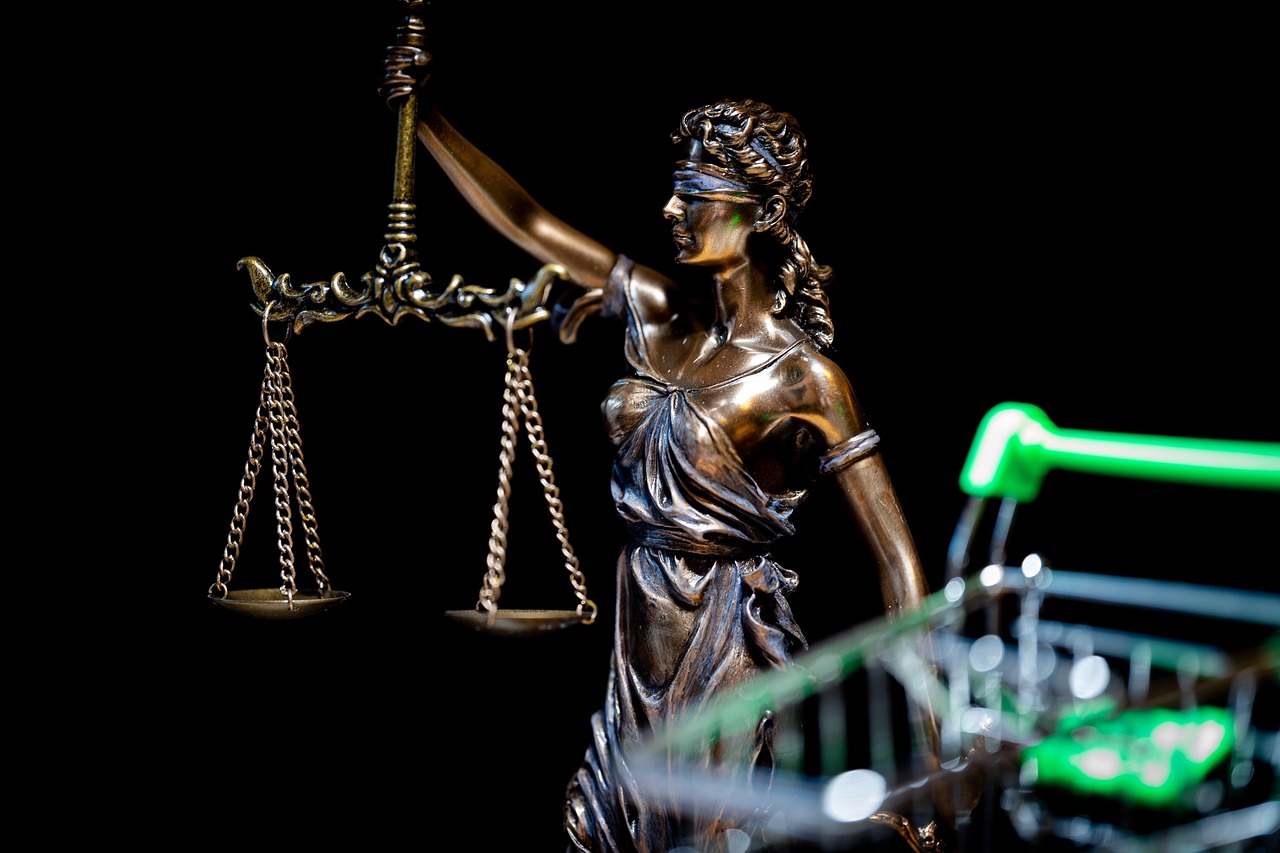
New Delhi: Indian courts have emerged as the global leader in video conferencing, Minister of Law and Justice, Arjun Ram Meghwal, stated in a written reply in Lok Sabha today.
The High Courts (78,69,708 cases and Subordinate Courts 1,98,67,081 cases) have conducted 2.77 crore virtual hearings till June 30, 2023. The Supreme Court of India held 4,82,941 hearings through video conferencing till May 31, 2023.
The Minister said one video conference (VC) equipment each has been provided to all court complexes including taluk level courts. VC facilities have also been enabled between 3240 court complexes and corresponding 1272 jails. Funds for 2506 VC cabins and VC equipment for 14,443 courtrooms have also been released. 1500 VC licenses have been procured to promote virtual hearings.
Meghwal stated live streaming of court proceedings was started in the High Courts of Gujarat, Gauhati, Orissa, Karnataka, Jharkhand, Patna, Madhya Pradesh and the Constitutional Bench of the Supreme Court of India, thus allowing media and other interested persons to join the proceedings.
In all, 22 virtual courts in 18 States and Union Territories were operationalized to handle traffic challan cases. More than 3.26 crore cases were handled by 22 virtual courts and in more than 39 lakhs (39,16,405) cases online fines of more than Rs. 419.89 crores were realised till June 30, 2023.
A new e-filing system (version 3.0) has also been rolled out for the electronic filing of legal papers with upgraded features, Meghwal said, adding that draft eFiling rules have been formulated and circulated to the High Courts for adoption. A total of 19 High Courts have adopted the model rules of e-Filing as on June 30, 2023.
Moreover, e-Filing of cases requires the option for electronic payment of fees which includes court fees, fines and penalties which are directly payable to the consolidated fund. The Minister informed that a total of 20 High Courts have implemented e-payments in their respective jurisdictions. The Court Fees Act has been amended in 22 High Courts till June 30, 2023.
To bridge the digital divide, the Minister said, 819 eSewa Kendras were rolled out with the intention of facilitating the lawyer or litigant who needs any kind of assistance ranging from information to facilitation and eFiling.
In addition to eSewa Kendras, as part of the DISHA (Designing Innovative Solutions for Holistic Access to Justice) scheme the Government of India launched the Tele Law programme in 2017, which provides an e-interface platform connecting the needy and disadvantaged sections seeking legal advice and consultation with panel lawyers via video conferencing, telephone and chat facilities available at the Common Service Centres (CSCs) situated in Gram Panchayat and through Tele-Law mobile App.
Besides, the National Service and Tracking of Electronic Processes (NSTEP) has been launched for technology-enabled process serving and issuing of summons. It has currently been implemented in 28 States/ UTs.
Moreover, a new “Judgment Search” portal has been started with features such as search by Bench, Case Type, Case Number, Year, Petitioner/ Respondent Name, Judge Name, Act, Section, Decision: From Date To Date and Full-Text Search. This facility is being provided free of cost to all.
Interestingly, the Revenue Courts are not covered under the eCourts Mission Mode Project. They are under the domain of respective State Government and the Government of India has no direct role in their upgradation and modernization.
– global bihari bureau




